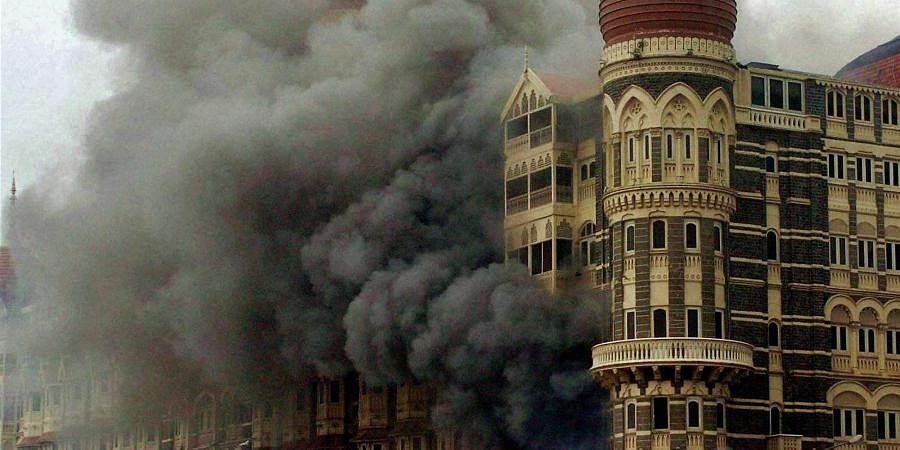Mumbai: Fourteen years after the 26/11 terror attack, lack of infrastructure, training and modern equipment to fight terror still point to chinks in security. The USA reviewed and revamped its entire security apparatus after the 9/11 twin tower attack, with potential terror elements finding it almost impossible to penetrate the country’s security system. In a shocking contrast, India has barely addressed the problem, failing to take any action to rule out a repeat of incidents like 26/11.
A Deputy Commissioner of Police said on condition of anonymity, “All crowded public places in the city are vulnerable. There’s only symbolic security personnel with no viable security cover in place. None of the persons deployed has adequate training in procedure, surveillance, weapons or security protocols.
No one is geared to handle any kind of terror threat. That’s India’s response to 26/11. ”The deadly attacks on 26 Nov 2008 had exposed lack of coordination amongst various agencies on sharing critical information and actionable intelligence to take preventive measures.
A senior Maharashtra Home Department official tasked with coordination of state and Central intelligence sharing said, “Mumbai has always been on the top of terror hit list. Inadequate inter-agency coordination leads to lack of effective intelligence monitoring and security response. Concerns also exist over information not getting disseminated to security forces at the tactical level at the speed and effectiveness with which it should ideally occur.
Intelligence officers must be periodically sent on deputation to cooperating agencies to ensure that the apparatus precisely understands the specific requirements of frontline policemen. ”According to Maharashtra Anti-Terrorism Squad (ATS), terror has moved beyond the physical space to the digital space and the gathering of intelligence needs to become multi-faceted. “It would be more effective to complement information gathering through technical means with human intelligence to meet the evolving challenges,” explained a top ATS official.
“While the state of inter-agency coordination has improved, state governments continue to be indifferent to needs of coastal security. Major initiatives like the National Counter Terrorism Centre (NCTC) and the National Intelligence Grid (NATGRID) are still on paper due to political differences that see it as a threat to our federal structure,” rued a senior Intelligence Bureau official. Eminent South Asia and Counter Terrorism expert Bruce Riedel with the Brookings Institute has said, “Mumbai has been studied by both terrorists and counter-terrorists because it sets a gold standard for how a small group of suicidal fanatics can paralyse a major city… and terrorise a continent.
” Mumbai has faced 14 terror strikes between 1993 and 2011 in which 719 people have been killed and 2,393 injured, but 26/11 terror attacks stand out because the attackers came by sea directly to the heart of the city. “Lack of a consensus across the political spectrum on how best to fight terrorism and extremism has created an environment in which polarisation has been so complete and embedded that an effective action against terrorism becomes virtually impossible to accomplish,” said another exasperated police official coordinating with successive governments for effective coastal defence apparatus. Mumbai: Water supply to be hit in parts of western suburbs between November 29 & 30; check details.
From: freepressjournal
URL: https://www.freepressjournal.in/mumbai/mumbai-chinks-in-city-security-prevail



